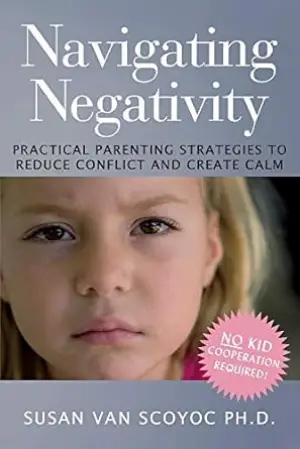Exploring the Alien in Us: A Reflection on Mira Grant’s Overgrowth
When I first heard about Overgrowth, Mira Grant’s latest foray into speculative horror, I was instantly captivated. The idea of an alien invasion, one rooted in a plant-based species and brimming with body horror, felt like a thrilling mix of Invasion of the Body Snatchers and The New Girl. I eagerly anticipated embarking on this twisted journey, hoping to uncover the dark nuances the author of the beloved Newsflesh series was sure to deliver. However, my enthusiasm soon met a speed bump that left me reflecting on the complexities of both the narrative and its broader implications.
At the heart of Overgrowth is Stasia Miller, a woman reborn from a three-year-old who wandered into the woods, encountering a mysterious plant. Decades later, she’s convinced she’s the herald of an impending alien invasion—the vanguard of a species that faces skepticism and alienation in a society that does not understand her. While Grant sets the stage for a compelling exploration of identity and belonging, I found myself wearing thin on Stasia’s incessant insistence that she is not human. Her neurotic attempts to convince the world of her alien status often flit between humor and discomfort, reminding me more of a sitcom character than a harbinger of doom.
What struck me most was Grant’s choice to draw out Stasia’s backstory. While I appreciate the character depth, by the time we reach the invasion—the climactic event that had me at hello—two-thirds of the way into the narrative felt agonizingly anticlimactic. The promised chaos of alien ships and the widespread horror typical of an invasion narrative seemed almost off-screen, while Stasia and her eclectic group navigated personal trials instead. The humor, while present, sometimes overshadowed the terror I was craving. I expected heart-pounding moments akin to Independence Day, but instead, they felt sidelined.
Yet, Grant shines in her ability to represent diverse experiences within Stasia’s story. The nuances of neurodivergence, LGBTQ+ identities, and experiences of persecution are woven into the fabric of Stasia and her friends’ interactions, providing a heartfelt allegory that resonated with the current societal climate. The queerness and struggles they endure offer a meaningful lens through which to examine broader issues of discrimination and the human condition, though it occasionally teetered towards uncomfortable territory when juxtaposed with the very alien genocide they symbolize.
In terms of writing style, Grant’s narrative oscillates between moments of gripping voice and off-putting silliness. Some poignant lines struck me, evoking laughter and reflection. Yet, the pacing could feel uneven; the buildup often outshone the eventual delivery, almost serving as a reminder that the journey can be as crucial as the destination.
Ultimately, Overgrowth serves as a mixed experience—a brilliant concept squished under the weight of execution. While it successfully tackles themes of identity and societal rejection, it falters when delivering the exhilarating horror promised in the synopsis. I think readers who appreciate introspective character studies wrapped in a veneer of horror may find layers of meaning and enjoyment, whereas those craving intense alien action might leave feeling disenchanted.
For me, personally, this book was a puzzle. It showed glimpses of brilliance and relevance, yet left me yearning for more excitement and horror—a stark reminder that even the most interesting concepts can sometimes be marred by pacing and delivery. If you’re a fan of character-driven narratives entwined with surreal themes, Overgrowth is worth your time—but if you seek thrills at the intersection of body horror and alien invasion, you might want to approach with tempered expectations.






